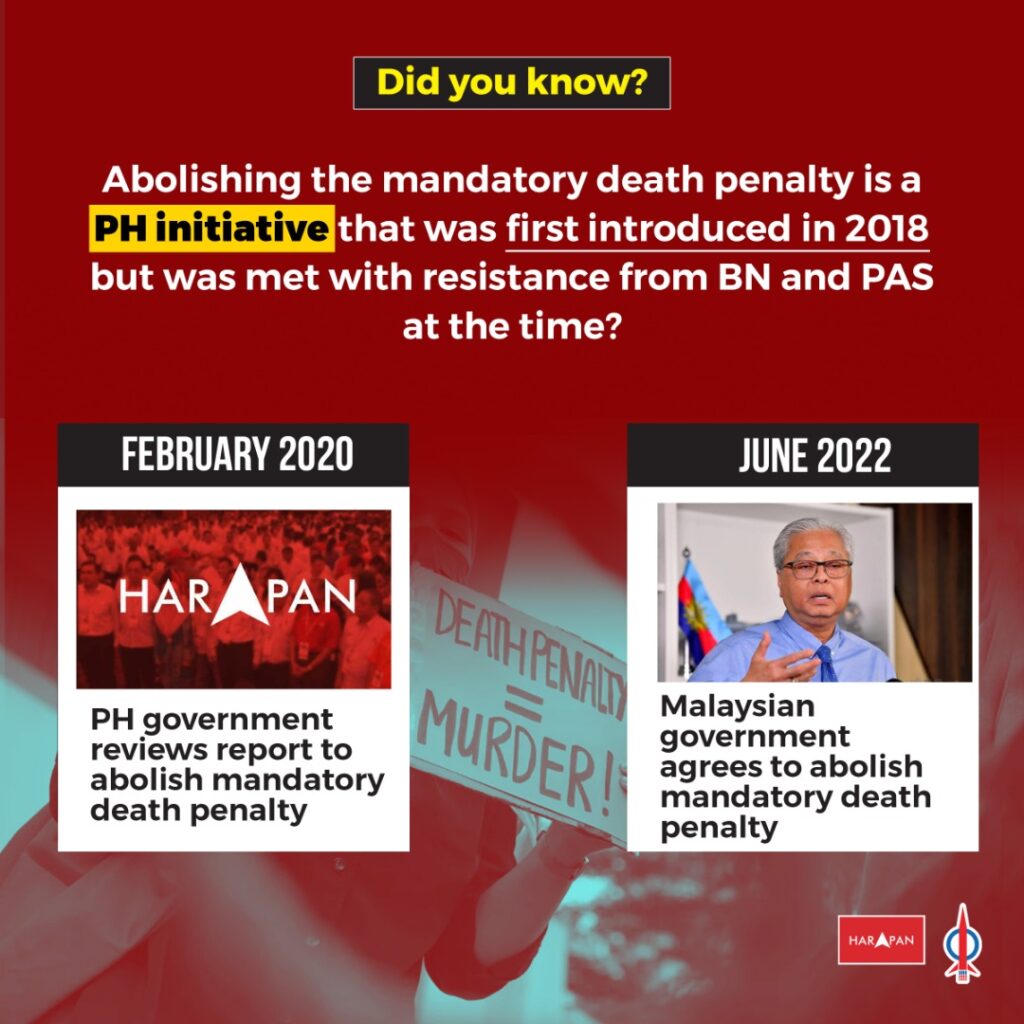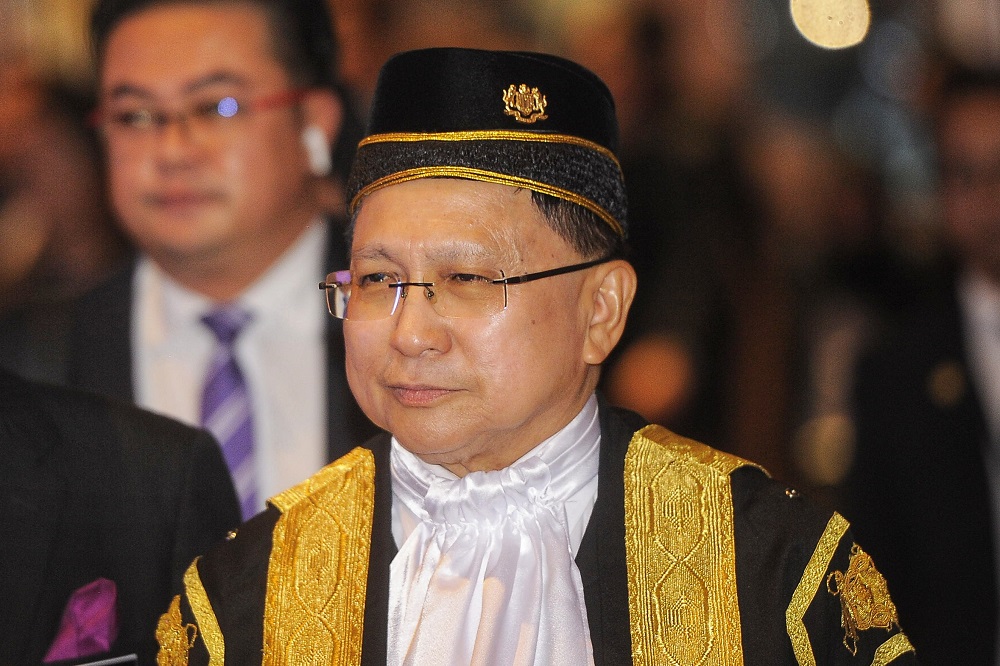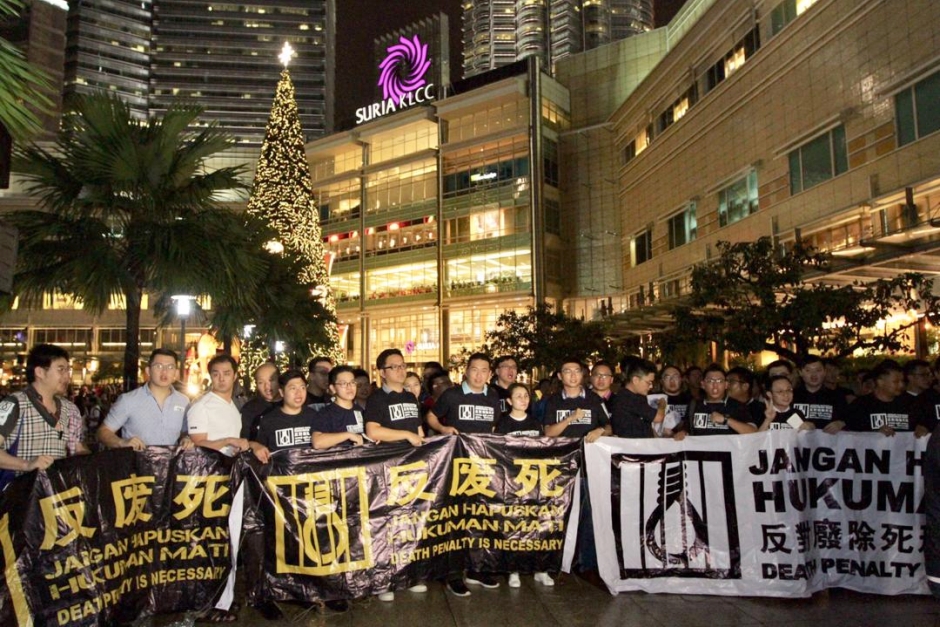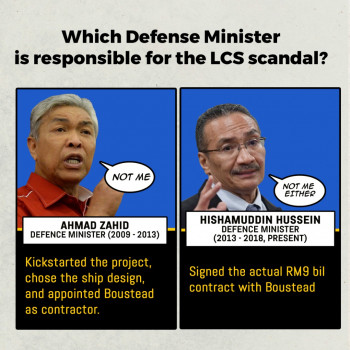
The government’s decision today to look at amendments of laws to abolish the mandatory death penalty was first initiated by the Pakatan Harapan (PH) government back in 2018.
By February 2020, the special committee to review alternative sentences to mandatory death penalty submitted its report to the PH government. Unfortunately, the administration collapsed shortly after and the opportunity to debate the bill in parliament vanished.
Pakatan Harapan, in its manifesto, had promised to do away with the mandatory death penalty and hit the ground running from the get-go.
In July 2018, a mere two months after the Harapan government came to power, a total moratorium on death penalty executions were historically introduced in Malaysia.
This was the first step PH took in abolishing the mandatory death penalty and in 2019, a total of zero executions took place in the country thanks to the moratorium.
Harapan’s Minister of Law, the Late Dato VK Liew, then set on appointing a Special Committee to review alternative sentences to the mandatory death penalty that is currently practiced in Malaysia.
A fully holistic review on the issue was done by consulting relevant parties which included government agencies, religious groups, civil society groups, international experts, as well as families of crime victims, families of prisoners on death row, and prisoners on death rows themselves.

The Committee recommended that the legislature replace the mandatory death penalty with a more appropriate punishment, subject to courts’ discretion.
Harapan’s zealous efforts to abolish the mandatory death penalty and eventually the death penalty as a whole was met with opposition from Barisan Nasional, particularly MCA Youth who started the “MCA Youth against Abolition of the Death Penalty” campaign just months after the Harapan government came to power.

Even PAS minister Hadi Awang who later claimed that the death penalty is inhumane, urged the Pakatan government in 2018 to review its decision in abolishing the mandatory death penalty.
Lawyer Syahredzan Johan called out the hypocrisy and needless politicising (and even racialization of issues) that Pakatan Harapan faced while trying to get important reforms passed during their time in government in a series of tweets on social media.

It is clear that the government’s decision to abolish the mandatory death penalty is a continuation of the critical work done by the previous PH government.
This was confirmed by Law Minister Wan Junaidi who said that the government has accepted in principle the recommendations presented during Pakatan Harapan’s tenure.
This begs the question, will those who who once objected to Pakatan Harapan abolishing the mandatory death penalty remain silent now? Were their protests nothing more that faux outrage to stop PH from achieving important reforms out of fear that it would help PH win elections?
If this was the case, it would then truly showcase the depth of political rot that has festered in the country, where political actors actively stop reforms and sacrifice lives just to gain mileage over their opponents.
If the mandatory death penalty is successfully abolished however, it will be a step in the right direction for Malaysia and should be rightfully credited to the historical Memorandum of Understanding (MOU) signed between the Pakatan Harapan coalition and Ismail Sabri’s government last year.
PH leveraged their political power to get the federal government to continue on with initiatives listed in their 2018 manifesto such as the anti-hopping law, lowering the voting age, and the reinstatement of rights for Sabah and Sarawak.
The Rocket



